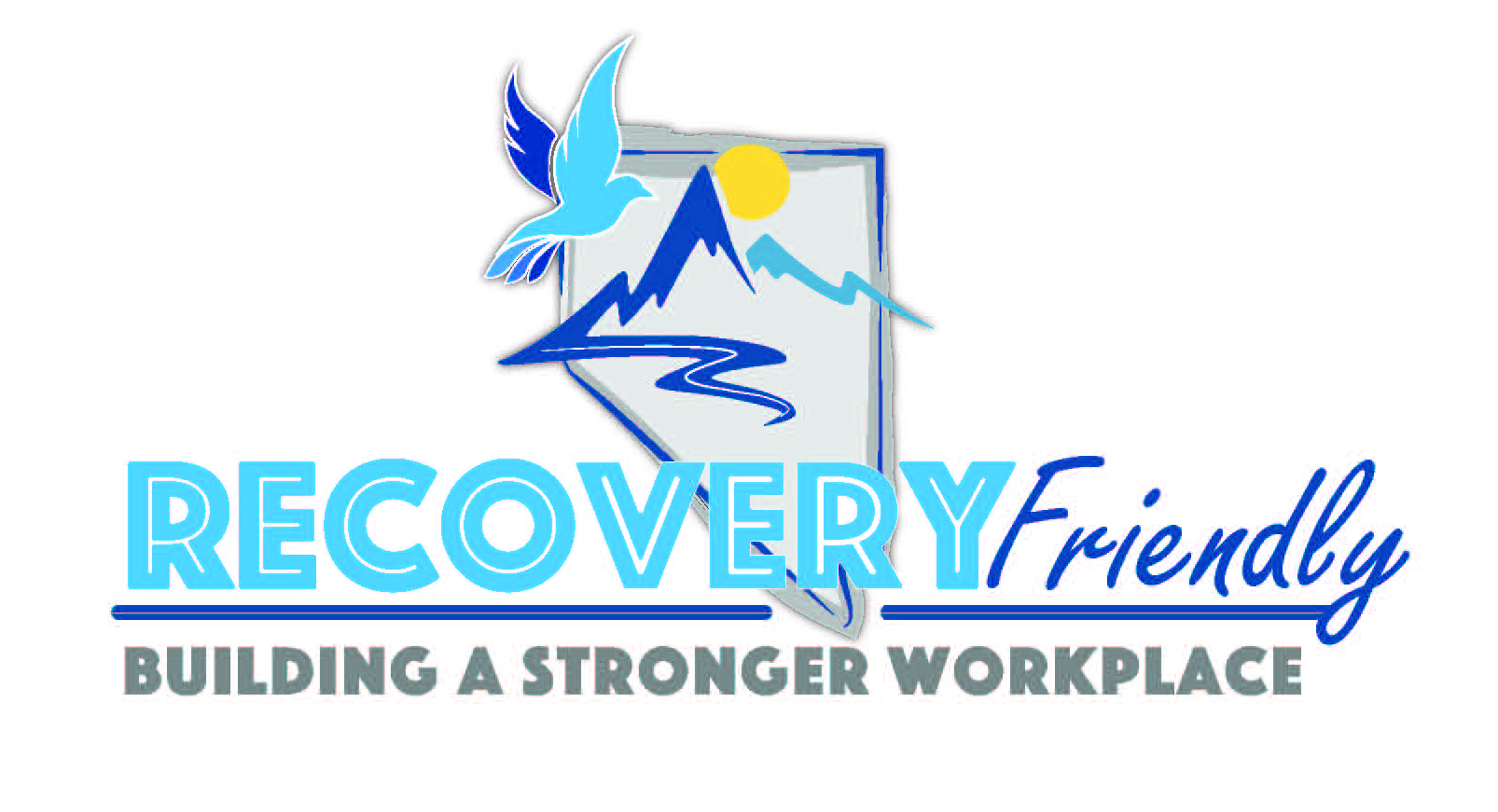Recovery Friendly Workplace

The Recovery Friendly Workplace Initiative (RFWI) empowers Nevada employers with training, resources, and customized advising to support them in better addressing mental health and substance use in the workplace and celebrate a culture of recovery.
Endorsed by former Governor Brian Sandoval and championed by the Nevada Department of Health and Human Services, the Recovery Friendly Workplace Initiative encourages healthy and safe working environments where employers, employees, and communities collaborate to create positive change, eliminate stigma, and support recovery.
Since its inception in 2017, the statewide initiative has been carried forward by each governor's administration and has designated Nevada employers as Recovery Friendly Workplaces in cities across the Silver State. Nevada was one of the first states to implement a Recovery Friendly Workplaces and today is joined by over 28 other states with similar initiatives.
The Division of Public and Behavioral Health provides funding and support to Foundation for Recovery, a nonprofit organization that has served as Nevada's statewide Recovery Community Organization, to lead the Recovery Friendly Workplace Initiative.
To learn more about how your business can become designated by the Governor as a Recovery Friendly Workplace, visit workplace.forrecovery.org
Business Benefit to Being Recovery-Friendly
Preventing and addressing employee substance abuse can help businesses avoid or reduce the costs associated with the major problems caused by this issue (National Council on Alcoholism and Drug Dependence):
- Premature death/fatal accidents
- Injuries/accident rates
- Absenteeism/extra sick leave
- Loss of production
Adopting a Recovery-Friendly Workplace culture also can help a business avoid becoming part of some other harmful statistics:
- Workers with alcohol problems were 2.7 times more likely than workers without drinking problems to have injury-related absences.
- A hospital emergency department study showed that 35 percent of patients with an occupational injury were at-risk drinkers.
- Breathalyzer tests detected alcohol in 16% of emergency room patients injured at work.
- Analyses of workplace fatalities showed that at least 11% of the victims had been drinking.
- Large federal surveys show that 24% of workers report drinking during the workday at least once in the past year.
- One-fifth of workers and managers across a wide range of industries and company sizes report that a coworker’s on- or off-the-job drinking jeopardized their own productivity and safety.
